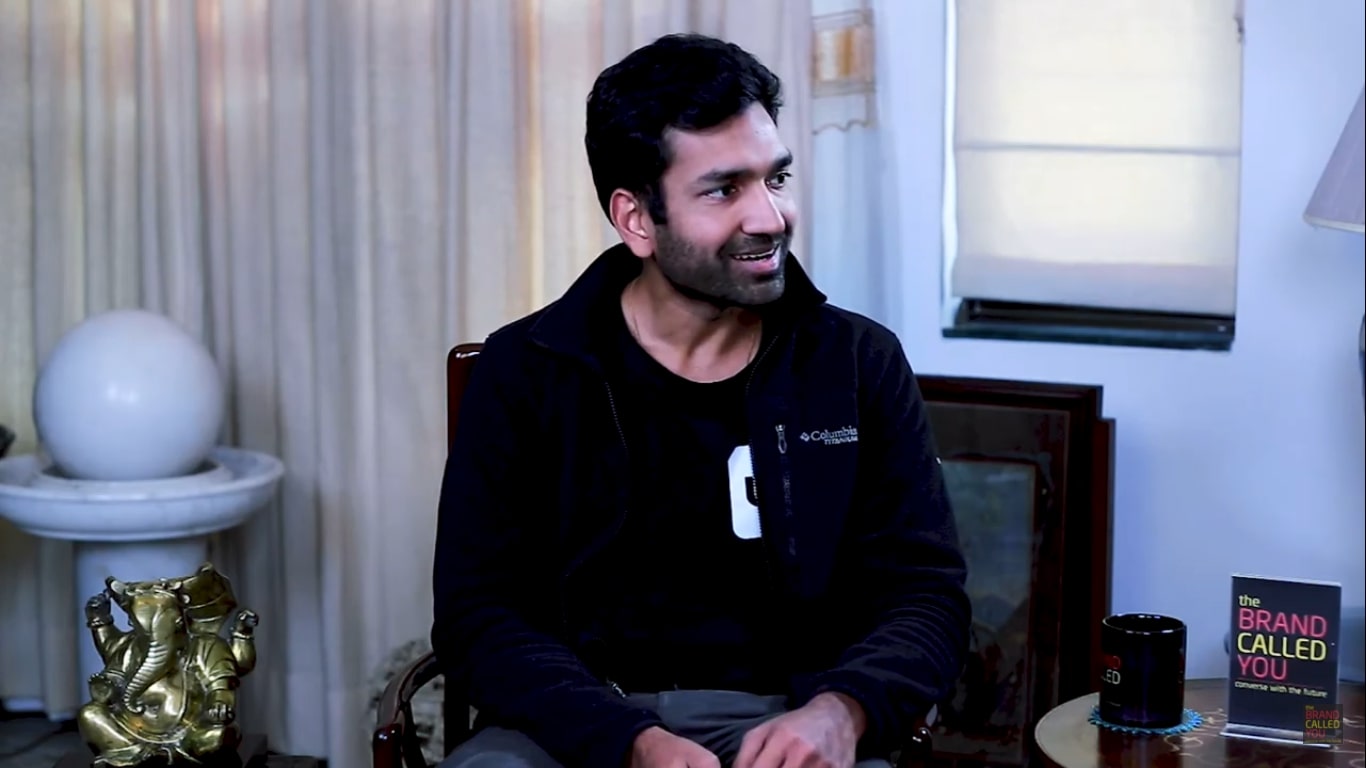Podcast: Play in new window | Download
Follow TBCY RSS
Urban Clap, now Urban Company, is one of the few new-age startups that have touched almost every urban individual’s life in the country. Launched in Delhi in 2014, with a handful of service professionals, it now is spread over 4 countries with 25,000 employees.
Varun Khaitan talks to us about completely pivoting business models, going from a technology based company to a value-creating one, and ‘uberizing’ the service industry. For someone so young, Varun comes packed with rare insight and answers every question with a fresh perspective. From what his failures taught him to the importance of partnering up, we discuss it all.
On how Urban Clap was formed
Varun and his co-founders were all working internationally, but were keen on introducing a product or service that would create wide-scale impact and define India’s transformation in certain aspects.
“We basically spent the first one year, which is the year of 2014, tinkering with many different ideas, just immersing ourselves into the lives of people in the country and trying to find the biggest pain point that we should solve and build a company around. And that’s when we realized that services in general, everything from obtaining services to taking care of yourself, services to take care of your family, services to take care of your home – the entire industry of services in India is fairly young and broken.”
Realizing that there was a lot of pain involved in acquiring services of any nature, coupled with the opportunity to improve the lives of service professionals, got the founders going.
“Those hard working men and women are also dedicating their lives to a certain career. Being a beautician, being a technician, being a masseuse, and they’re getting the short end of the stick. And these two things made us realize that this is a cause to build a company around and to dedicate a big part of the rest of our lives.”
On ‘uberizing’ the service industry
One thing that the Founders have been very proud and passionate about is creating value. With over 25,000 service professionals listed with them, they take the pains to ensure that each one of them is trained and qualified. This training is given free of cost, which creates immense upskilling and value addition. Varun says that each of these professionals is a micro entrepreneur.
“Because it is their own business, they see that compared to their previous lives, when they were making about Rs. 15-20,000 a month, now on their own, solo, they can make Rs. 40-50,000 per month. The most hard working ones can even make up to Rs. 1 lakh per month.”
There is no middle man at Urban Company, which ensures that these professionals get to keep 80% of their earnings as opposed to the 20% they were earning earlier. The system also works on meritocracy, and listed professionals stand to gain a lot if they work hard and maintain quality. Urban Company has had a strong focus on creating skilled professionals, and runs over 120 classrooms all over the country.
On changing the business model midway
“We started in a very technology marketplace like model where we would basically just build the technology to connect consumers and service professionals. And that didn’t work because that was not the real problem to be solved. And we were still at that model for the first, close to two and a half years. So slowly we realized, we built up alternate models and we had the courage over time to completely shift.”
Urban Company moved from simply connecting consumers with service businesses. In a great example of good entrepreneurship, they spotted the problem, and had the courage to overhaul what they were doing instead of losing sight of what mattered.
On where entrepreneurs fail and when to scale up
“I think the most common mistake is that of trying to, I would say, scale your business without achieving what is called product market fit. My realisation has been that any business in India takes a decade or more to build, and it takes, you know, the first few years to identify what is the right opportunity that that you are trying to address. And not to say that in that time you won’t grow your business. So I think you have to walk this tightrope of growing your business while improving it. And I think businesses which stop the improvement and continue the growth end up going on the wrong path and basically then running out of cash.”
He thinks scaling up depends from business to business. Urban Company chose to do it in phases. They took 9 months to set up the business and only went from 1 to 4 cities at first. In the next 3 years, they took it to 8 cities. Only in the last 15 months have they gone upto 17 cities.
“Ours is a business which is built city by city. So there is very little advantage that you get in Bombay because you are already present in Delhi. And that’s why we have taken a lot more measured approach to expansion.”


